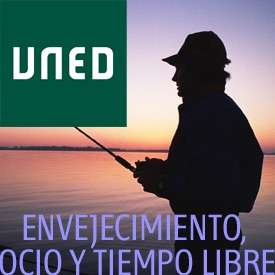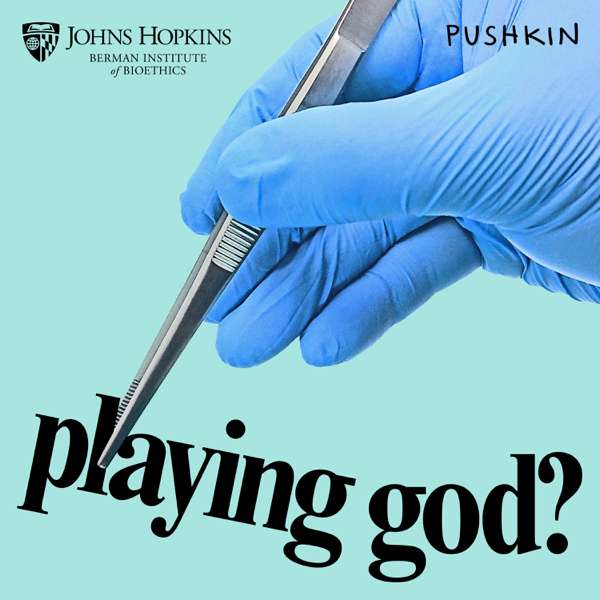UFOs/UAPs, new scientific theories and discoveries, astronomy, space exploration, artificial intelligence, along with future technology and trends are discussed with top experts and scientists. From the scientific mysteries of today, to the innovations and technologies that will set the pace for the world of tomorrow, Rebelliously Curious is a podcast that explores science, technology, and the unexplained in rich, colorful conversations tailored for the passionately inquisitive mind. In every episode, host and investigative conversationalist Chrissy Newton, a longtime podcaster, video journalist, media expert and contributor to The Debrief dives into the less-often explored areas of science and culture. You can follow her on Twitter @chrissynewton and IG: @beingchrissynewton, and watch videos of all past episodes of the program on the official YouTube channel of The Debrief.
—
Copyright Chrissy Newton
Watch Rebelliously Curious on YouTube: https://www.youtube.com/channel/UCM32gjHqMnYl_MOHZetC8Eg
The Debrief website: https://thedebrief.org/

 Our TOPPODCAST Picks
Our TOPPODCAST Picks  Stay Connected
Stay Connected






